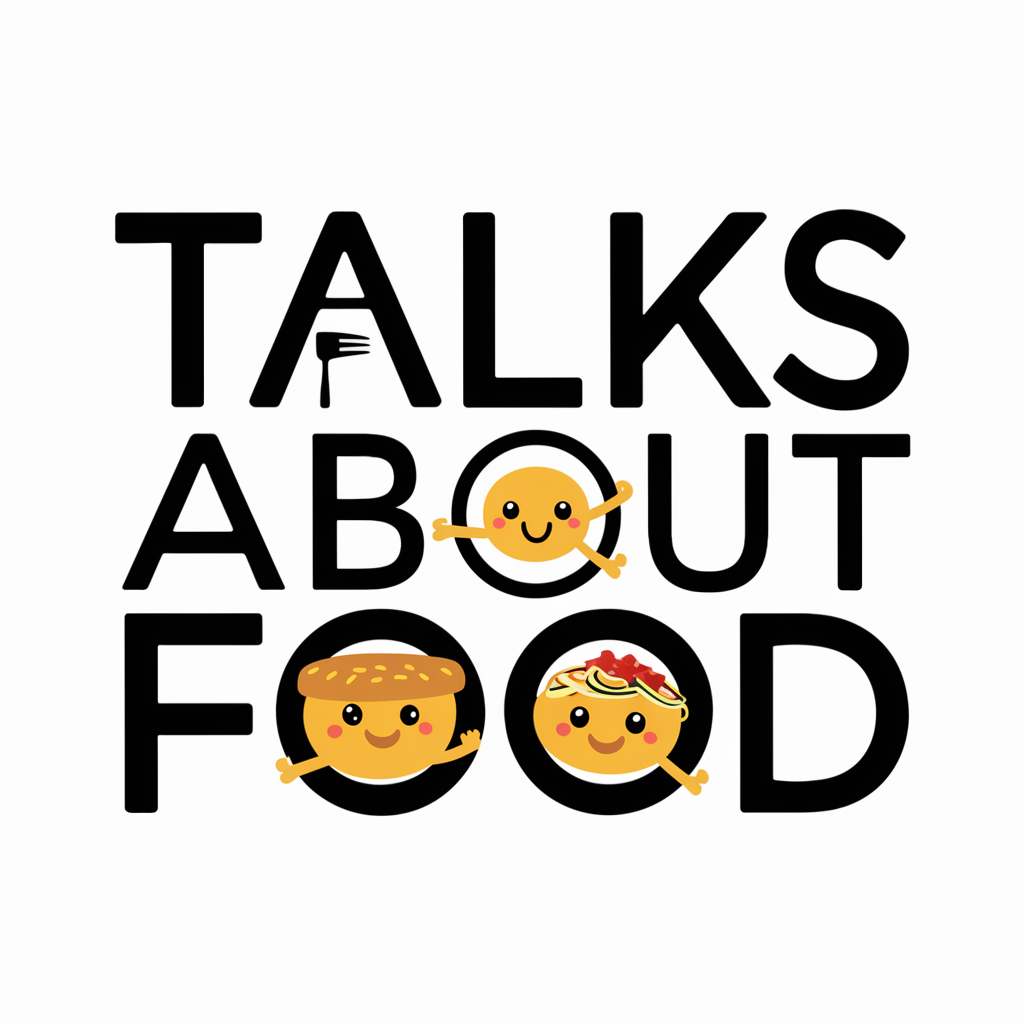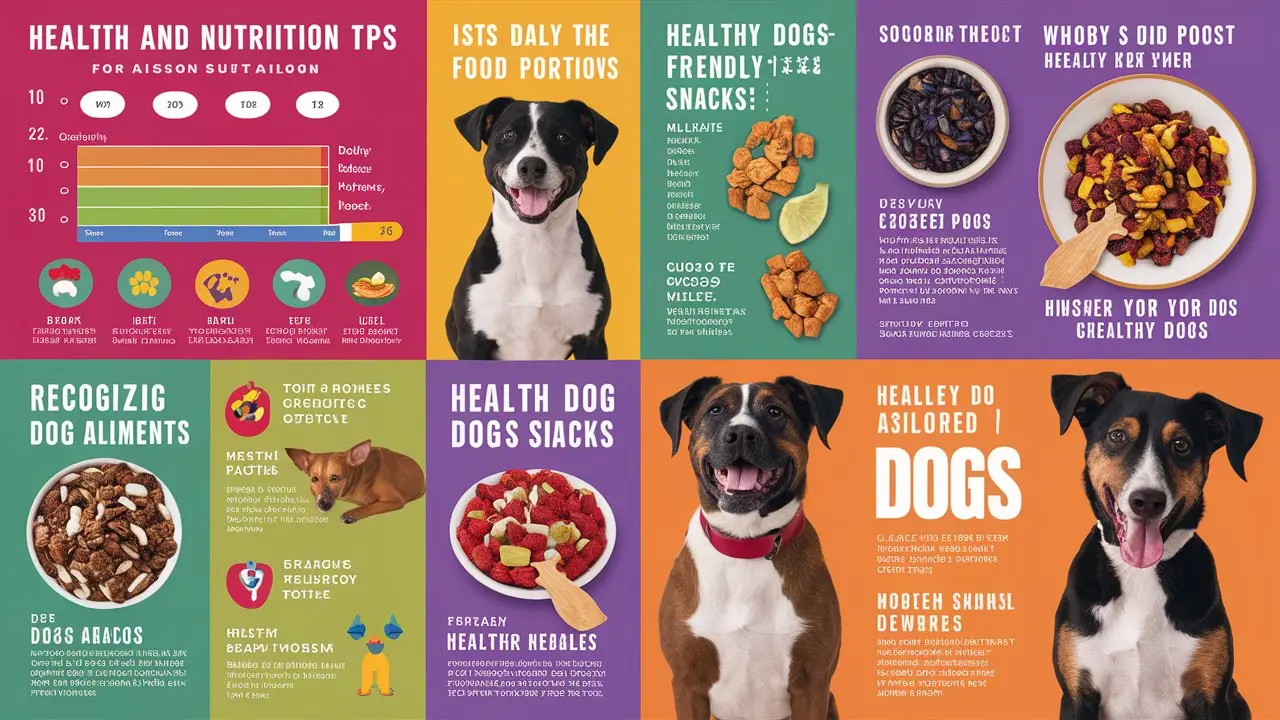It is essential to prioritize the health of your furry friend for their well-being and longevity.
Alaskan dogs like Siberian Huskies and Alaskan Malamutes are built for cold and harsh climates .they need special care for diet and health in this harsh climates .
In this article, we’ll provide you detailed knowledge of frequently asked questions and their answers .the nutrition and wellness tips ensure your Alaskan dog stays happy, healthy, and energetic.
What is the meaning of Alison Name?
The Alison name is A 13th-century variant of Alice, which means nobility.
It’s popular in Scotland
What are some things you can do to keep your pet healthy?
- Keep your pet free from parasites like fleas, ticks, and heartworms.
- Keep at a healthy weight.
- Exercise your pet.
- Feed a balanced and nutritious diet.
- examine your pet annually by veterinarian to ensure their health and detect problems early.
- Vaccinate your pet against potentially deadly diseases like
- ✅Distemper
- ✅ parvo
- ✅canine parvovirus (CPV)
- ✅rabies.
7. Spay or neuter your pet.
Statement from Alison Daniel (Pet Nutritionist and Co-Founder of Din Dins) on ‘The Truth About Dog Food’
Alison’s Comment
1. Use Grain-Free Diet
Your pet requires a grain-free diet with high nutritional value.
2. Signs of Poor Nutrition
Signs of poor nutrition range from physical issues like ear infections to skin problems, dandruff, poor digestion, and unpleasant odors to mental symptoms, including
✅ lack of focus,
✅ scavenging
✅ hyperactivity.
3. Effects of Pet ‘Junk’ Food
play a crucial role in a rise in pet obesity.junk food Contain huge amounts of salt, sugar, oils, and fats. Play a role in behavioral issues.
4. Harmful Ingredients
Ingredients like meat digest, animal derivatives, wheat gluten, corn, and artificial flavorings provide little nourishment.
This can slow down your dog’s digestion and make them feel sluggish.These symptoms lead to bad health and disease.
Alison’s Advice for Dog Owners
Things to Avoid
- If the price is cheap or the food smells bad, this usually means the ingredients are poor.
- Carbohydrates like brewer’s rice, corn, grain fermentation products, maize, and soy flour. The first ingredient on your dog’s food must be meat, not cereal. meat is essential for your dog’s nutrition.
- Corn gluten and wheat gluten are used to raise the protein content and bind pet food. These are biologically inappropriate and can cause food intolerance.
- Meals like Meat meal, bone meal , offal meal, digest meal, meat by-products, fish by-products, and meat derivatives aren’t meat at all.
Top Things to Look For
- Nutritional panels display ingredients in order of volume. always choose food that has meat at the top of the list.
- Good essential fats, like fish oil and flaxseed oil, are always preferable to vegetable fat or animal fat.
- Pick natural preservatives like tocopherol (Vitamin E) or ascorbic acid (Vitamin C) and not synthetic E numbers.
Alison’s Recommended Approach to Feeding Dogs
1. A varied diet
A varied diet is best, with changing protein sources. Feeding the same protein or food daily can make the immune system reactive.
2. Understanding Ingredients
Owners should select ingredients like duck, venison, vegetables, and natural preservatives from sources they trust. for treating dogs, select natural options like carrot, apple, and venison strips.
3. Raw Food Diet
A raw food diet provides amazing results. Providing your dog with a BARF (bones and raw food) diet packed with raw.organic, and natural ingredients will help alleviate many symptoms that can lead to poor health.
4. Supplements
owners are seeking to support their dog’s health and immunity.the Din Dins supplements have been developed to make this process quick and easy . these improve dog health in just three weeks.
Maintain your dog’s health by using Nutrition Tips for a balanced diet🐕
A balanced diet is crucial for maintaining your dog’s health. Ensure their diet includes the right mix of proteins, carbohydrates, fats, vitamins, and minerals. some Nutrition Tips are discussed below
1. High-Protein Diet
Alaskan dogs require a diet rich in protein from animal sources.
⭐Benefits
- Proteins are vital for muscle development and growth.
- High-quality protein sources like chicken, beef, fish, and lamb should be included in their diet.
- For dogs with allergies, consider novel proteins like duck or venison.
2. Complex Carbohydrates
Whole grains like brown rice, oats, and sweet potatoes provide sustained energy. Carbohydrates provide energy for your dog. Ensure that the carbohydrates are easily digestible and free from artificial additives.
3. Healthy Fats
Healthy fats are essential for your dog’s skin and coat health.
⭐Benefits
- Omega-3 and omega-6 fatty acids are found in fish oil and flax seed.
- Fish oil supports skin, coat, and joint health.
4. Vitamins and Minerals
Vitamins and minerals support various bodily functions, including immune health and bone strength. Incorporate a variety of fruits and vegetables, like carrots, blueberries, and spinach, into your dog’s diet.
5. Avoid Fillers
Steer clear of corn, wheat, and soy fillers, which have little nutritional value.
6. Adequate Hydration
provide access to fresh water at all times. Proper hydration is as important for dogs as it is for humans. Always ensure your dog has access to fresh and clean water.
7. Consider Raw Feeding
Raw diets provide essential nutrients. consult first with a veterinarian and canine nutritionist for use .
8. Portion Control
Overfeeding can lead to obesity. it increases the risk of numerous health problems like diabetes, heart disease, and joint issues.
Follow the feeding guidelines on your dog’s food packaging and consult your vet for personalized advice. Adjust portions based on your dog’s age, weight, and activity level.
Health Tips for Alison’s Dog’s Health🐶
1. Regular Exercise
Provide daily physical activity, like walks, runs, and playtime.
2. Mental Stimulation
Engage your dog’s mind with training, puzzle toys, and socialization.
3. Regular Grooming
Brush their coat regularly to prevent matting and tangling.
4. Health Check-Ups
Schedule regular veterinary visits to monitor your health and detect issues early.
5. Parasite Control
Regularly administer heartworm prevention and flea control measures.
6. Provide Mental Breaks
Diseases Caused by Diet and Nutrient Deficiencies
1. Hypothyroidism: Insufficient iodine can lead to thyroid issues.
2. Anemia: Inadequate iron can cause anemia, especially in puppies.
3. Osteochondritis dissecans (OCD): Inadequate calcium and phosphorus can lead to joint issues.
4. Pancreatitis: High-fat diets can trigger pancreatitis.
5. Skin Issues: Inadequate omega-3 fatty acids can cause skin problems.
6. Digestive Issues: Food sensitivities and inadequate fiber can lead to digestive problems.
Important Aspects
1. joint health
Consider supplementing with glucosamine and chondroitin for joint health.
2. Monitor Calorie Intake
Be mindful of your dog’s calorie intake to prevent obesity.
3. Comfortable Sleeping Arrangements
Provide a comfortable, supportive bed to promote healthy sleep.
4. Nail Care
Keep your dog’s nails trimmed to prevent cracking and splitting.
5. Physical and Mental Stimulation
Consider enrolling in dog sports, like agility or sled pulling, to provide physical and mental stimulation.
FAQs
Q.1: Five Foods to Feed Dogs With Upset Stomachs
- Chicken and Rice
- Shredded Chicken
- Pumpkin
- Bone Broth🦴
- Baby Food
- Plain Yogurt
- Sweet
Q.2: What types of components does a homemade, balanced dog food diet have?
- ✅ Protein: like lean beef, chicken, turkey, or fish
- ✅ Carbohydrates: like pasta, potatoes, or rice
- ✅ Vegetables: contain carrots, green beans, or peas
- ✅ Fat: Often in the form of vegetable oil
- ✅ Vitamin and mineral supplements: Purchased from a reputable company
Q.3: Do pets approve of homemade dog food?
“Homemade food is a great option for many pets, but owners avoid general recipes from books and the Internet and instead consult with a board-certified veterinary nutritionist
Q.4: What not to put in homemade dog food.
There are a wide variety of unhealthy and unsafe foods to avoid when preparing meals for your dog. toxic ingredients are of special concern, like chocolate, xylitol, avocado, grapes, raisins, onions, garlic, and macadamia nuts.
Q.5: What are the best ingredients to use for homemade dog food?
- Add Egg yolk, calcium lactate, beef (or chicken) liver powder, gelatin, and rice bran.
- use whey protein concentrate, beetroot, psyllium husks, EFA from fish, barley grass powder, kelp, taurine, rose hip, parsley, and Vitamin B complex.
- add any of our premixes with different types of meat.
Q.6: What is the ratio for homemade dog food?
Dogs are obligate carnivores. their diet mainly consist of meat and protein. A good recommendation is
- ✅ 80% meat
- ✅ 10% vegetables
- ✅ 10% Know Better Pet Food Premix.
Q.7: How much food should you feed your dog?
The amount of food you feed your dog will depend on your dog’s size and activity level.follow recommendation of homemade dog food for daily servings :
✅ 1/4 1/4 lb. or 1/2 cup: for a 10–12 lb. dog
✅ 1/2 1/2 lb. or 1 cup: for a 20–25 lb. dog
✅ 1 1lb. or 2 cups: for a 40–50 lb. dog
✅ 2 2 lbs. or 4 cups: for a 100 lb. Dog
Q.8: How can I get my dog healthy again?
An important step in any dog’s recovery is the right diet. Dogs are designed to eat a variety of fresh, whole foods, and a balanced, raw, home-prepared diet is an excellent way to provide the nutrients. they need to heal from the inside out.
Q.10: What helps a dog feel better?
Give your pet small amounts of cooled, boiled water frequently. If they’re vomiting and can’t keep food down,. you can skip one meal .make sure the availability of water is available. Offer small portions of food.

